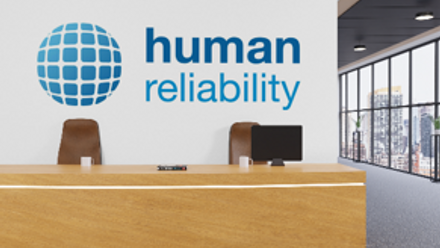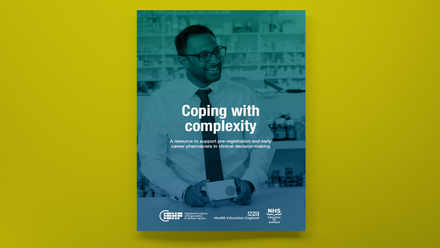Lessons for the lab
Workers facing complex environments in the pharmaceutical industry could be helped to reduce risks by taking a different approach to human error. Instead of viewing people as the root of the problems and following a “blame, shame and retrain” model, companies could help to set them up for success using human factors thinking and working proactively.
A recent CIEHF webinar on Human and Organisational Performance in Pharma explored the difference that could be made through steps including:
- Recognising risk and techniques for preventing error.
- Creating a roadmap for investigating human-related deviations.
- Improving communication, interviewing and coaching.
The session featured pharmaceutical scientist Bill Farmer, an Associate Director for Deviation Management at Merck in North Carolina, and Julie Avery, a former Global Lead for human factors at GSK.
Bill said: “Human error isn’t the cause of trouble or the conclusion of an investigation, it’s a starting point and symptom of trouble deeper inside the system.”
He added: “We’re on a change curve and we want to move from a reactive space, where people are looked at as the problem, to a more proactive space, where people are helping us to improve.”
You can watch the webinar on-demand.






